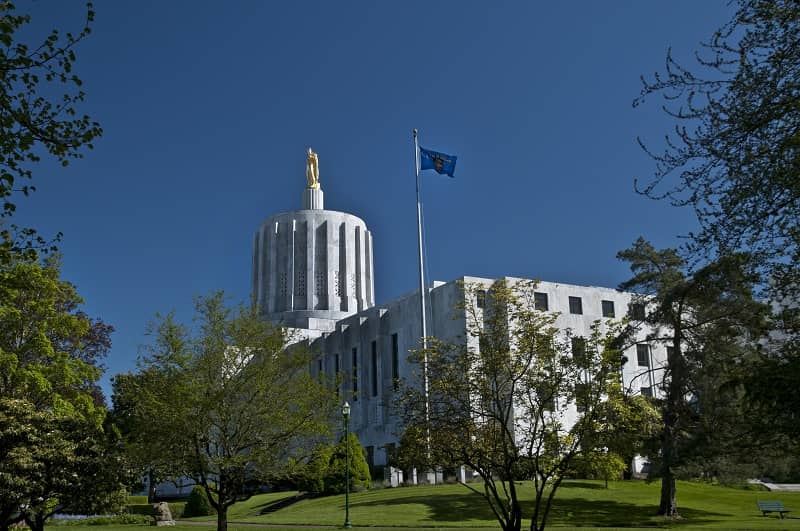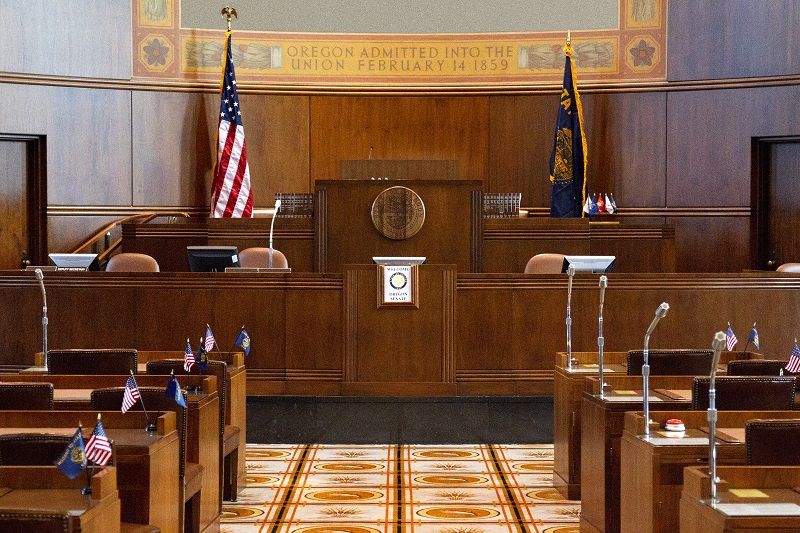“Public Provisions” Pitfalls
By Christina Martin
Nobody likes physical pain, but often it gives us a signal that we need to change our behavior before we incur serious injury. In the sphere of social policy, government entitlements designed to avoid short-term pain too often work against natural and healthy incentives that help individuals to avoid longer-term pain. Many people will endure smaller temporary pains, work harder, save more, eat healthier and build a social network in order to avoid larger future pains like hunger or homelessness. This is not a new observation and has been commented on for thousands of years.
Our nation’s founders were well aware of the importance of incentives. In 1766 Benjamin Franklin declared in a letter to the London Chronicle that England’s poor were the most miserable in the world because England’s welfare programs had destroyed essential incentives, making people dependent on the government. He concluded after his world travels that “the more public provisions were made for the poor, the less they provided for themselves, and of course became poorer,” but “the less [that] was done for them, the more they did for themselves, and became richer.”
Franklin observed that there was “no country in the world where so many provisions are established for them” as in England, including hospitals for the poor, almshouses for the elderly, and generous government support. Of England’s government welfare he said:
- The day you passed that act, you took away from before their eyes the greatest of all inducements to industry, frugality, and sobriety, by giving them a dependence on somewhat else than a careful accumulation during youth and health, for support in age or sickness.
- In short, you offered a premium for the encouragement of idleness, and you should not now wonder, that it has had its effect in the increase of poverty. Repeal that law, and you will soon see a change in their manners.
While these words may seem harsh, Franklin was a well-known philanthropist who exhorted his peers to help the needy personally and voluntarily. He appreciated the difference between supporting and enabling.
In early America, most poverty relief was delivered voluntarily through relationships. This not only encouraged gratitude, strong relationships and a strong community; but it also allowed those who gave aid to require recipients to take genuine steps toward employment and responsible behavior, when appropriate. Givers could tailor their aid to the needs and best interest of the individuals they sought to help, giving more to the neediest, and less to others.
Private charities still thrive today. However, their efforts are often undermined by government programs that create perverse incentives to work less, spend more and not plan for the future.
Government-sponsored attempts to alleviate poverty are funded by taxes and dictated by regulations. Regulations, by their nature, draw arbitrary lines and apply equally to all citizens. Accordingly, when government creates social safety nets, it creates entitlements, something to which citizens have a right if they fit certain legal criteria. Regulations, not relationships, determine how these programs are administered. If people have a legal right to something, they rarely will feel gratitude for it. If it is denied, they will feel cheated, regardless of whether or not they deserved it in the first place.
Nowhere is the failure of government entitlements more evident than in the failed War on Poverty. Since the 1960s, government spending on poverty relief has risen precipitously even after adjusting for inflation, yet it has had little or no impact on the poverty rate.1 The only significant progress in reducing poverty, especially child poverty, came from the welfare reforms of the mid-1990s, which required more welfare recipients to work or to train for work. Commenting on these reforms, Ron Haskins, a scholar for the Brookings Institute, agrees that using “carrots and sticks” is the most effective way to get individuals out of poverty.2 Yet, even if the government would build further upon such reforms, it could not substitute for charity, nor could it escape trampling on individual liberty.
Government programs always involve coercion, because that is the only tool in the government’s toolbox. When your neighbor gets welfare, you are forced to work on his behalf. There is no compassion involved in robbing Peter to pay Paul. In contrast, private charity violates no one’s rights and allows people to express their compassion in the manner and the amount they wish. A shift to a system that relies more on private charity and philanthropy not only would restore liberty and property rights, it also would restore the important natural incentives that motivate people to work hard and to live responsibly.
Christina Martin is Director of the Asset Ownership Project at Cascade Policy Institute, Oregon’s free market public policy research organization.











